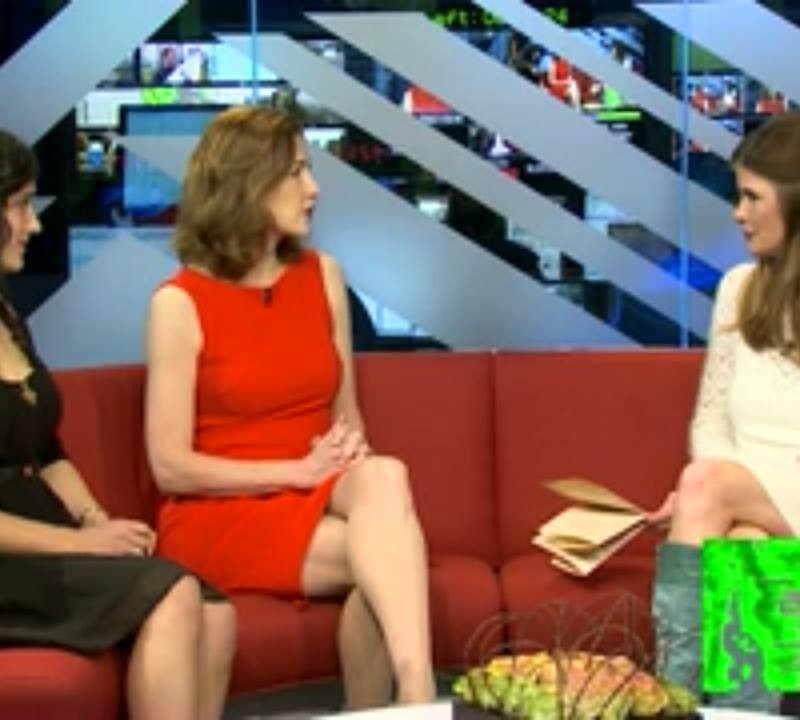Top ten ways to grow your money
Post on: 2 Апрель, 2015 No Comment

Jasmine Birtles
Sam Churchill/Flickr
Dont let your financial fears ruin your retirement you can invest and make money for your old age. You can find safe investments and good money-making ideas if you know where to look. Thats where we come in. There are some simple principles you can follow year on year which will help you make the most of the money you have and stop you being conned into losing it. Here are 10 of the best ways to grow your money.
1. Get out of debt
Debt is the devil when it comes to making money for yourself. It’s probably the single biggest barrier to wealth for most individuals.
Before you even start saving, any non-mortgage debt needs to be paid off as quickly as possible. Credit card debt along with overdrafts and loans particularly secured ones need to be paid off as a matter of urgency. Look at our article on seven quick ways to pay off debt and our longer step-by-step guide to getting out of debt for help.
The only exceptions to this are cheap debt such as student loans and credit card debt at 0%. However, even these debts should be nagging at you until theyre eradicated.
0% credit cards are fast disappearing from the market which makes it harder to switch outstanding balances at the end of the 0% period. They all now charge a substantial fee (usually about 2.5-3.5%) to switch each time which will add to your costs. So even these debts should be paid off as fast as is practical. Also, although student loans are cheap, while you still have some to pay off it can make it harder for you to get a mortgage.
2. Make sure you have a savings safety net
Theres no point investing for the future if you haven’t get enough ‘liquid’ cash saved up to dip into for short-term expenses. By ‘liquid’ we mean ‘easy to get your hands on’.
This means you need to have enough money in a savings account to keep you and your family going for around three to six months if everything went pear shaped. You can see how to do it and why you need it in this article about setting up a savings safety net. Work out how much you need to spend each month to keep the roof over your heads and food in your mouths, multiply that amount by three (or, ideally, more) and put that money aside in an account that you do not touch unless there’s an emergency.
Once youve collected enough money for this cash cushion then you can start investing. But it’s also useful to continue with other short-term savings for major purchases such as a car or a new boiler and also to create liquid (i.e. easily accessible) funds for yourself so that you can take advantage of new, very good investments when they appear.
3. Pay off your mortgage

One of the safest and most tax-efficient investments you can make is to pay off your mortgage early. It gives you the most wonderful freedom to be mortgage-free.
Take note: financial advisers are not taught to tell people to pay off their mortgage. They are, however, taught to push insurance products and insurance-based investments. Coincidentally, financial advisers make no money from you paying off your mortgage or existing debt, but they DO stand to make commissions from recommending insurance products and investments. Funny that.
We love the idea of paying off your mortgage early (Jasmine paid hers off in nine years) because:
- It gives you the most wonderful freedom (particularly if youre self-employed and have to create work each month to make the payments)
- It is tax-free any money you overpay into your mortgage saves you the full amount of interest, unlike savings accounts that will tax you on the interest you pay.
- It is one of the safest investments you make when you pay off your mortgage, you pay it off and that’s it. There is no uncertainty about what will happen to your money.
- Once it’s paid you own your home outright – no longer does it belong to the bank manager.
- The mortgage companies hate it because they lose money! And don’t we just love the upper hand?!
You can get a step-by-step guide to paying off your mortgage in double-quick time.
To pay off your mortgage as quickly as possible you will probably need a flexible type of home loan to do it. If you currently have a fixed mortgage the chances are you can only overpay about 10% a year. Depending on how long you have remaining on the fixed deal and how much the lender would charge you to switch out of it early, it may be worth staying with the fixed loan until the end of its term and then switching to a more flexible product. While you’re with the fixed loan you could pay off the 10% (or whatever the maximum is) and also set aside money in a savings account to pay off a lump of the mortgage as soon as you come out of the fixed term.
Look at the figures: On a £100,000 repayment mortgage at 5% interest, over 25 years your monthly payments would be £584.59 and the total amount of interest you would pay would be £75,377. However, if you reduced the payment term to 15 years, your monthly payments would be £790.79 but the total amount of interest you would pay over that time would be just £42,342.20, a saving of £33,034.80. (source SPF)














